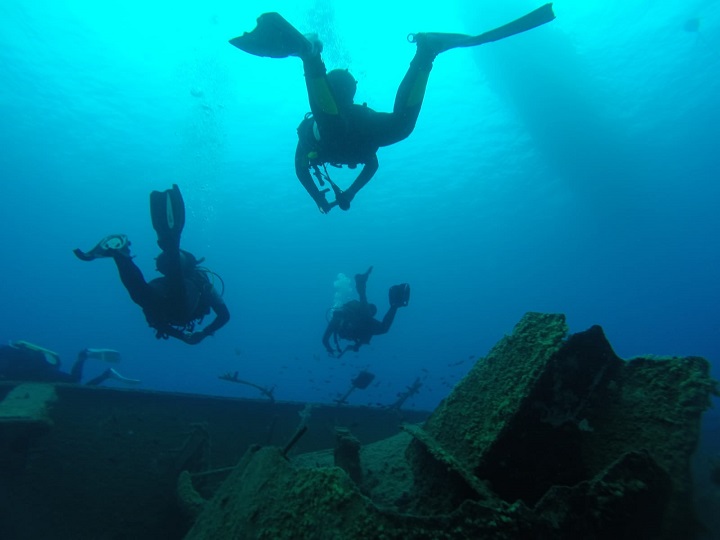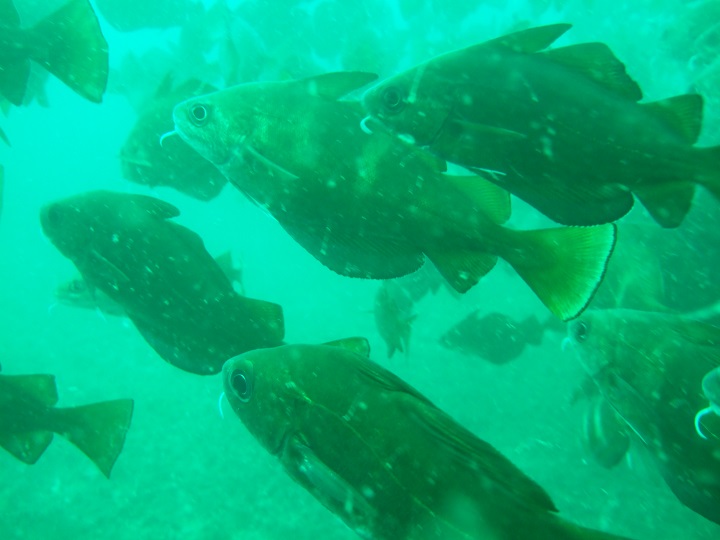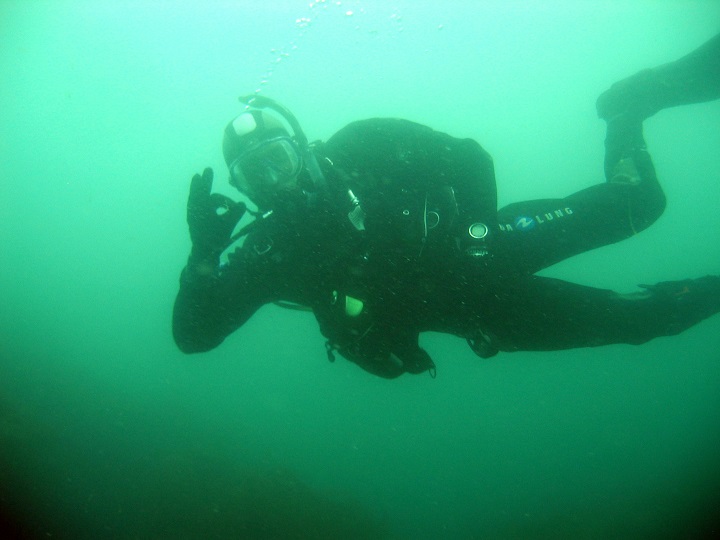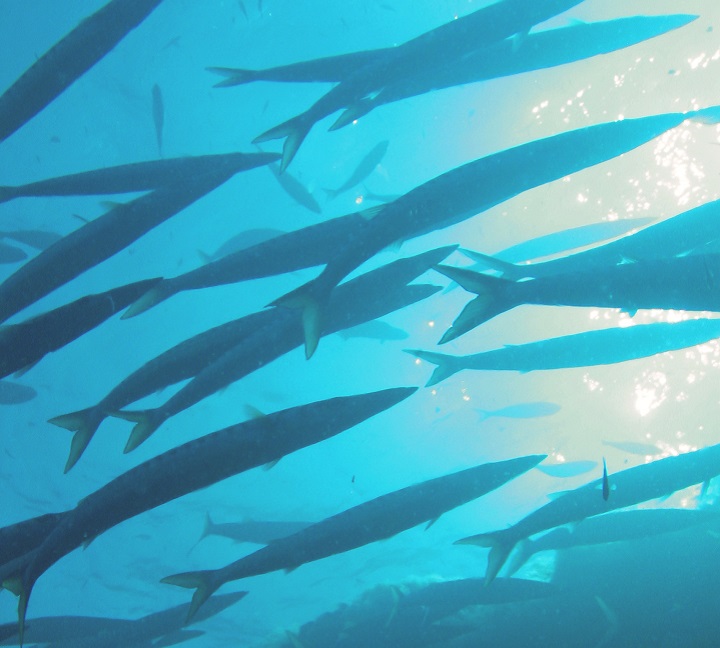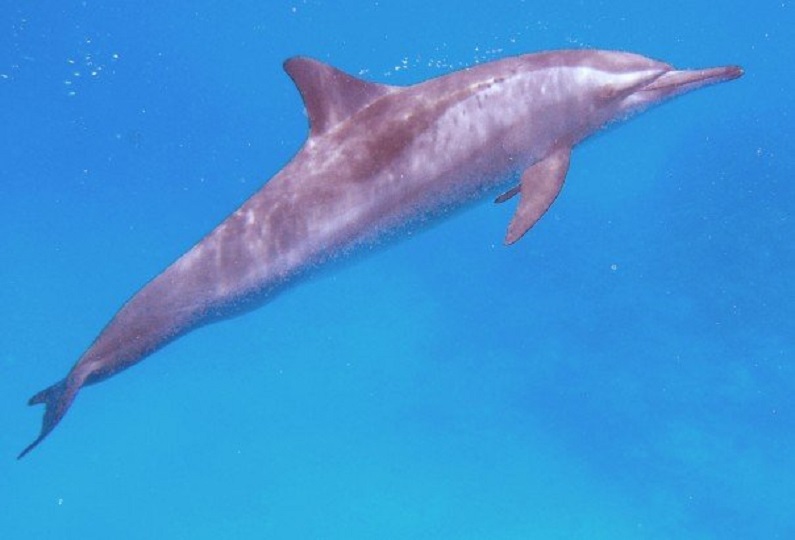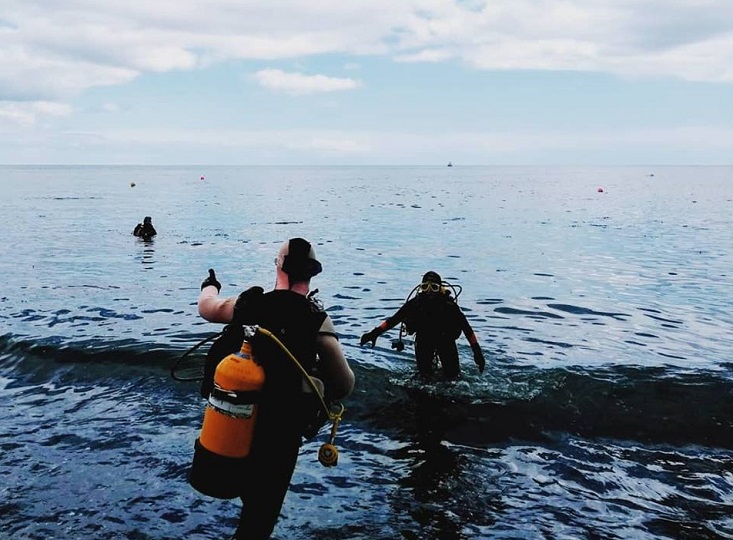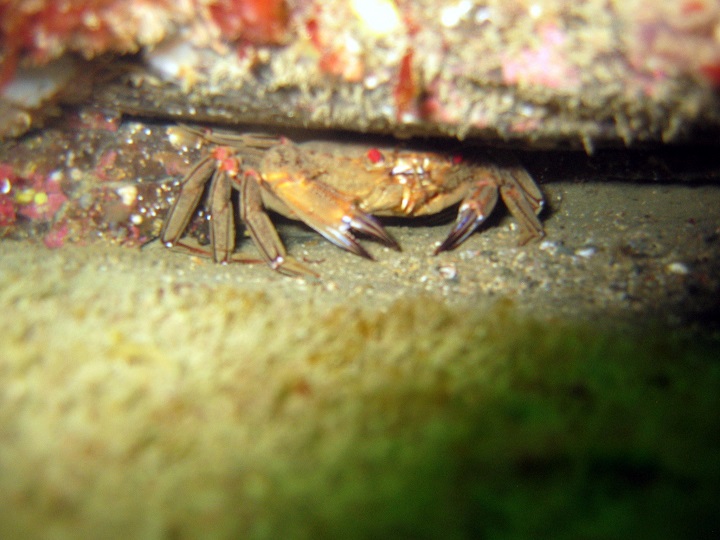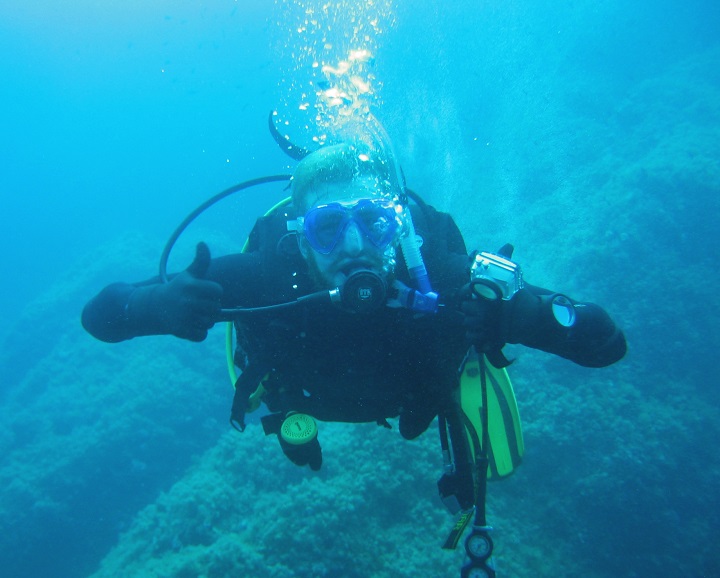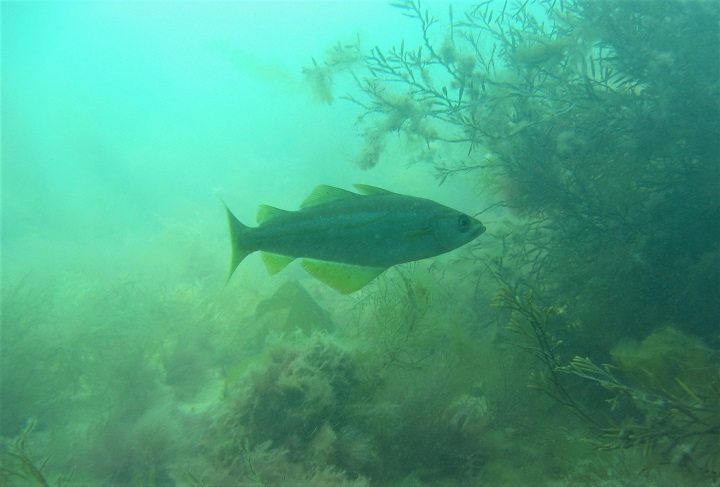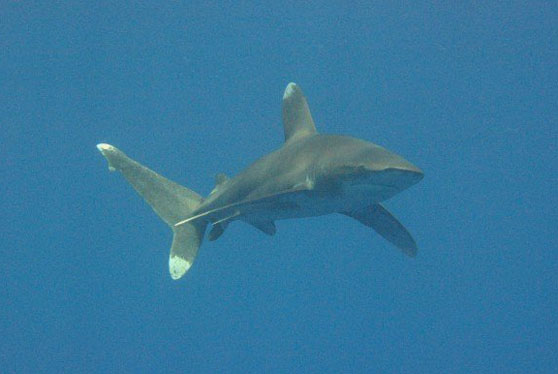On the Worlds ocean day 2020, I thought it would be a good idea to look at ways we can all help protect our Oceans as they are vital to all life on earth and at the moment our oceans are in a bad state and are currently just getting worse but if we all work together and do our little bit we can turn the tide against plastic pollution, ocean acidification, and pollutant runoff which is a great thing for all life on this Earth of ours.
So here are 13 ways we can help so at least one of them should apply to you and if you would like to know more we will be running a Project aware course later this month where we will talk about the effects we are having and go into more detail on how we can all help.
https://www.wwf.org.uk/updates/40-rivers-england-and-wales-polluted-sewage#:~:text=Overflows%20are%20supposed%20to%20happen,at%20least%20once%20a%20month.
The changing weather patterns will also lead to water shortages and increased stress on the environment so by cutting back on the amount of water we use will not only reduce the runoff through the sewers and thus the risk of chemical being flushed out into the oceans but will also help future generations.
Plus, like I mentioned the less water you use the less you have to pay so it’s a win-win.
Alternatively, you cut fish out altogether as I have. As a scuba diver, I just prefer to see my fish swimming around rather than on a plate. Don’t get me wrong, I love the taste of fish and who doesn’t like fish finger sandwiches with a bit of tomato sauce but you can easily find alternatives in most supermarkets nowadays so it's not as much of an inconvenience as you might think.
There are a number of ocean-friendly products out there and here are a few examples
https://thegreenturtle.co.uk/
https://theecoshopuk.com/
https://www.ethicalsuperstore.com/
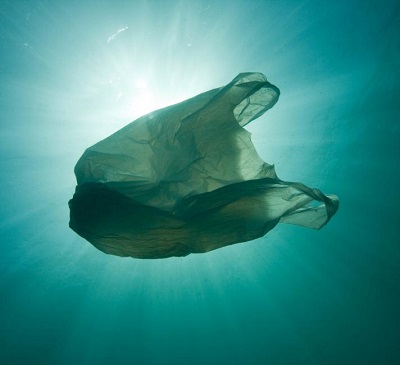
One really easy way I have found is to use the ECO settings on your washing machine and dishwasher, Yes it takes a little longer to run but it saves water and energy with very little effort on your part, plus again it will save you money.
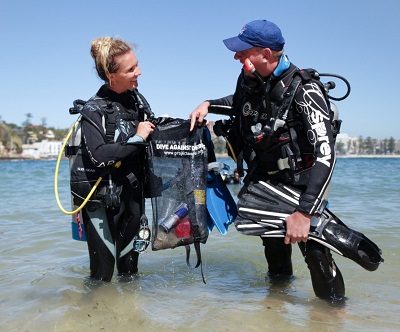
So here are 13 ways we can help so at least one of them should apply to you and if you would like to know more we will be running a Project aware course later this month where we will talk about the effects we are having and go into more detail on how we can all help.
- Conserve Water
https://www.wwf.org.uk/updates/40-rivers-england-and-wales-polluted-sewage#:~:text=Overflows%20are%20supposed%20to%20happen,at%20least%20once%20a%20month.
The changing weather patterns will also lead to water shortages and increased stress on the environment so by cutting back on the amount of water we use will not only reduce the runoff through the sewers and thus the risk of chemical being flushed out into the oceans but will also help future generations.
Plus, like I mentioned the less water you use the less you have to pay so it’s a win-win.
- Eat sustainable seafood.
Alternatively, you cut fish out altogether as I have. As a scuba diver, I just prefer to see my fish swimming around rather than on a plate. Don’t get me wrong, I love the taste of fish and who doesn’t like fish finger sandwiches with a bit of tomato sauce but you can easily find alternatives in most supermarkets nowadays so it's not as much of an inconvenience as you might think.
- Buy ocean-friendly products.
There are a number of ocean-friendly products out there and here are a few examples
https://thegreenturtle.co.uk/
https://theecoshopuk.com/
https://www.ethicalsuperstore.com/

- Reduce energy use.
One really easy way I have found is to use the ECO settings on your washing machine and dishwasher, Yes it takes a little longer to run but it saves water and energy with very little effort on your part, plus again it will save you money.
- Use reusable plastic products.
- Properly dispose of hazardous materials.
- Vote responsibly. Contact your representative.
- Use less fertilizer.
- Be an Ocean-Friendly Pet Owner

- Travel the Ocean Responsibly
- Influence Change in Your Community
- Support Organizations Working to Protect the Ocean
- Educate Yourself About Oceans and Marine Life
.png)



